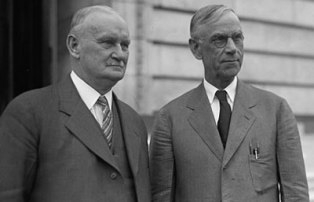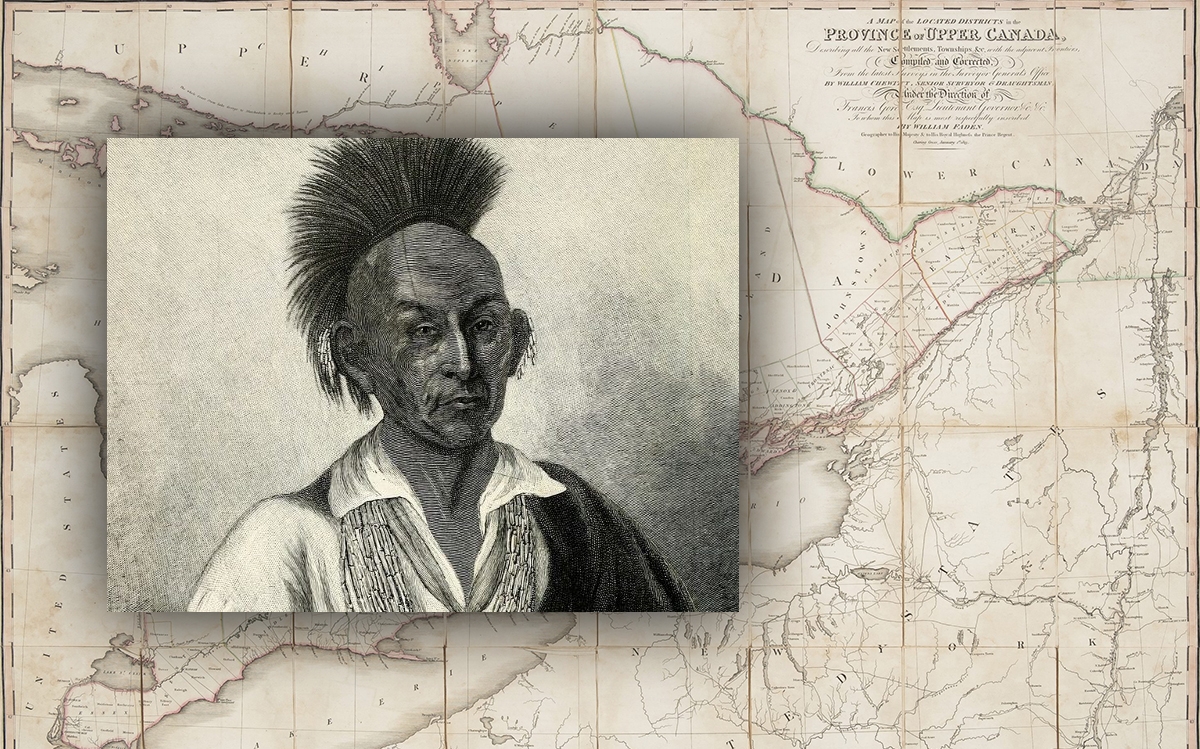
Global Trade Wars Past and Present: the Smoot-Hawley Tariff Act of the Sky
In 1930, as the United States of America and much of the Western world slipped further into what would later be called the Great Depression, the American Congress and Republican President Herbert Hoover were convinced that the best way to stop the hemorrhaging economy was to pursue a path of ardent protectionism through the implementation of “beggar thy neighbor” policies. The best known of these policies was the Smoot-Hawley Tariff Act which was signed into law in June of that same year amidst much support from a broad cross-section of the American populace. Although the Act was originally intended to spur investment and create employment in America’s declining agricultural industry by placing extremely high tariffs on foreign agricultural products, by the time that congressmen and senators from both parties were through, the law had raised tariffs to unsustainable levels in virtually all segments of the American economy.
Naturally, nations outside of the United States quickly retaliated by tabling their own protectionist laws with the aim of increasing tariffs on American products and services. Some countries even went so far as to ban the purchase of American products and services in the attempt to make their own economies competitive despite Washington’s protectionist response to the economic crisis. The Smoot-Hawley Tariff Act backfired on Herbert Hoover and the Republican Party by strongly exacerbating the Depression and by contributing to the election of America’s only four-term president, Democrat Franklin Delano Roosevelt, two years later in 1932. The end result of the Smoot-Hawley Tariff Act and the retaliatory “beggar thy neighbor” protectionist policies that it spawned was arguably the first global trade war in history.

Today, despite the Western world’s efforts over the decades to encourage freer trade and thus avoid repeating history in terms of the Smoot-Hawley Tariff Act, it would seem that the protectionist urge still lives on. One need look no further than the European Union’s (EU) ongoing attempt to require all airlines flying into EU airspace to participate in its Emission Trading Scheme (ETS). In an act of bureaucratic arm-twisting, that scheme would force the international airline industry to become more fuel efficient and pay reparation to the EU for the amount of carbon dioxide emitted by commercial airplanes flying into the EU. As of this past January, all airlines flying into the EU are legally obligated to purchase carbon credits which are to be used to offset the emissions created by burning jet fuel in the turbine engines that power virtually all commercial airplanes. Although payment for such permits does not become mandatory until the spring of 2013, airlines in countries operating outside of the EU are already beginning to implement their own retaliatory measures.
Not surprisingly, the United States, Canada, Russia, China, India and also the majority of the other nations that maintain large commercial fleets beyond the borders of the EU strongly object to the EU’s unilateral, punitive program. They are seeking the most effective way to implement retaliatory measures against the EU’s overreaching bureaucracy if a diplomatic solution cannot be found. The retaliatory response to the ETS being considered by many nations consists of a mix of both legislative and economic action.

On the legislative front, China has officially prohibited its national airline from participating in the ETS. India has taken a similar stance by advocating a boycott of the program, while the United States of America and many other Western countries have considered the possibility of altering existing flight paths so as to bypass the geographical regions included in the ETS. That move would translate into the loss of countless millions, if not billions, of dollars of revenue generated by tourism and its supporting industries which have taken the easy access to countless travellers from beyond the EU for granted in their current business models. A refusal to fly into EU airspace by many popular airlines would require travellers to land in countries outside the EU and then to find their own alternative form of transportation into the EU, a move which would make travelling to EU countries more difficult and also more expensive. Given such a scenario, if countries within the EU wanted to maintain the steady stream of travellers required to sustain their existing business models, they would likely have to assume the extra costs associated with facilitating access to the EU. In a nutshell, travellers would face a much more complicated two-step process to enter the EU. Furthermore, within the international aviation community, there is talk of imposing a surcharge upon all European flights, something that could be even more costly than the consequences from the ETS.

To make matters worse for the proponents of the Brussels-based program, China is in the process of cancelling an order from France’s aircraft manufacturer Airbus, a deal said to be worth over $14 billion. That move will represent a substantial economic loss of revenue for the French manufacturer in particular and for the European aeronautic industry in general. It would seem that “beggar thy neighbor” policies are back and that the ETS could more appropriately be labeled the “Smoot-Hawley of the Sky.”
The only real difference between the controversial piece of American legislation from the 1930s and the current ETS is that the motivation for the protectionist legislation has changed substantially. In the 1930s, the motivation for the Smoot-Hawley Tariff Act was based on creating a way to allow American businesses to better exploit America’s natural resources for economic gain. Today, some eighty-two years later, the European Union is unilaterally implementing a punitive tariff program under the guise of protecting the planet from industry-specific growth in carbon dioxide emissions and reducing the exploitation of global natural resources — in this instance, the fossil fuels from which jet fuel is made. The more things change, the more they stay the same.
While the threat of the world’s first global trade war in the sky looms on the horizon, there may yet be a silver lining should the EU refuse to soften its hard-line approach on the objections to the ETS. If the nations that refuse to participate in the ETS follow China’s lead and vote with their feet by cancelling the purchase orders of EU-made commercial aircrafts, North American aircraft manufacturers such as America’s Boeing and Canada’s Bombardier could gain the billions of dollars in revenue from future fleet purchases that would have gone to European manufacturers like Airbus had the ETS program not been enforced.













